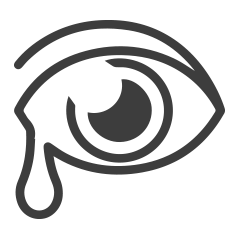Depression
Cognitive (CBT) Tools to Deal with Negative Thoughts
How should I respond if I think I’m depressed, or someone I love is depressed?
If you believe you or a loved one may be experiencing symptoms of depression, please reach out to a medical doctor or mental health therapist for a formal assessment when:
- Your distress is intense – some emotional or mental discomfort can be a normal part of life’s ebb and flow, but when it interferes with your ability to function and enjoy life, it may be time to seek help
- Your distress has been going on for a long time – we all have bad days, but distress that lasts for weeks or months is not ordinary
- Your distress is damaging – if your relationships, your academics, or your job is being negatively affected, it may be time to seek help
- Your sleep – is significantly affected (too much or too little)
- Unusual thoughts – especially about harming yourself or others
If you are experiencing mild symptoms of depression, watch the videos in the “Go Deeper” section of this tab for a more detailed understanding and ways to treat depression.
If you have serious thoughts of self-harm, or know someone who does, please seek help immediately.
Click here for the National Suicide Prevention Lifeline.
If a loved-one is considering self-harm, do not leave them alone. Call your doctor or 911, and wait with the person until help arrives, or take them directly to the emergency room for treatment.
Other Helpful Tools: Apps, Links, and Self-Help for Depression:
- Track moods for anxiety, depression, PTSD, and more with T2 Mood Tracker (iPhone) and (Android).
- Workbook and handouts on Depression
- Discovering Hope Workbook
- Have a real-time anonymous confidential conversation with a trained active listener using the 7 Cups of Tea app for iPhone or Android.
- Depression and CBT worksheets and Handouts
- Understanding CBT and Negative Thinking Styles (Automatic Thoughts)
